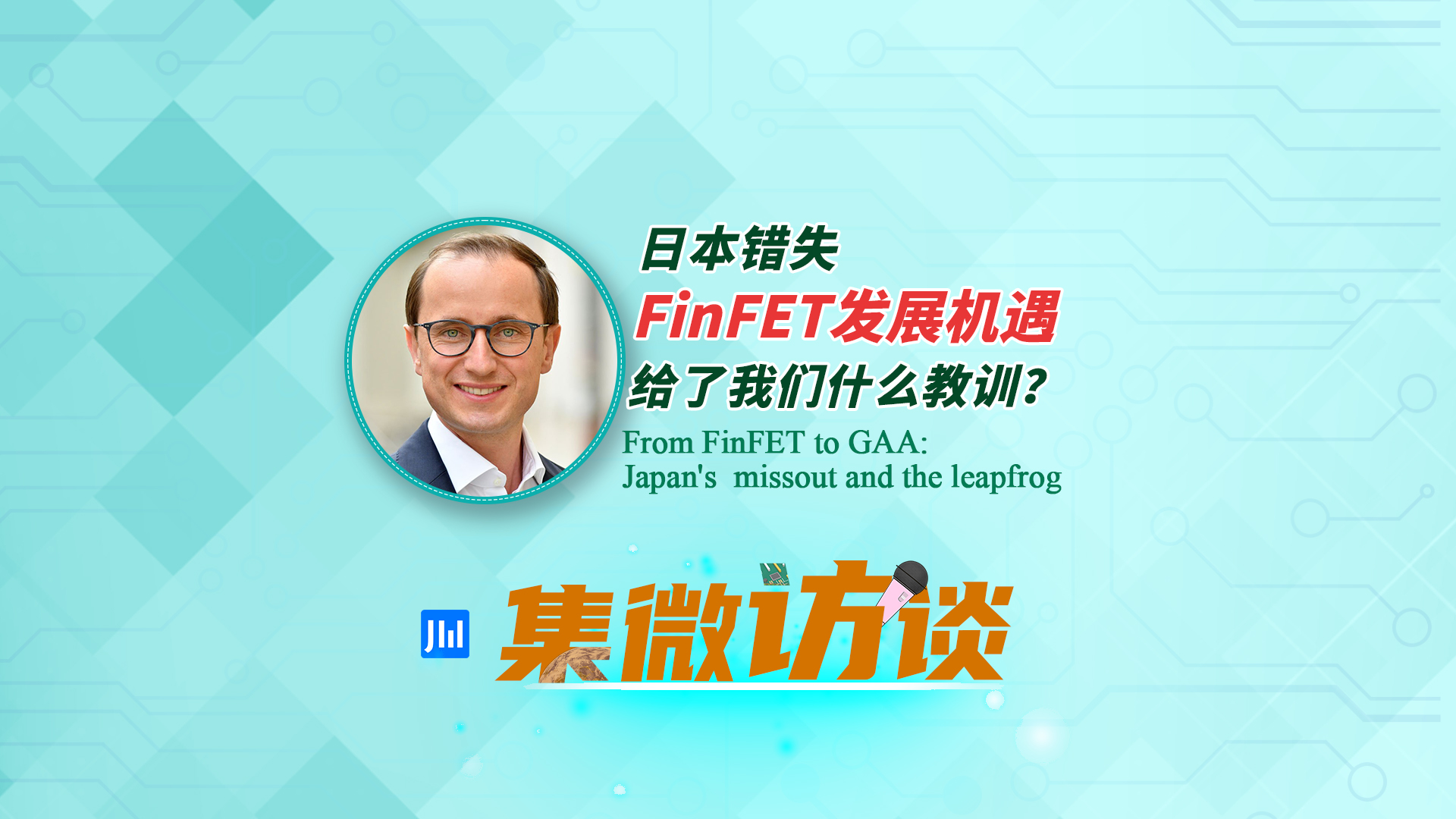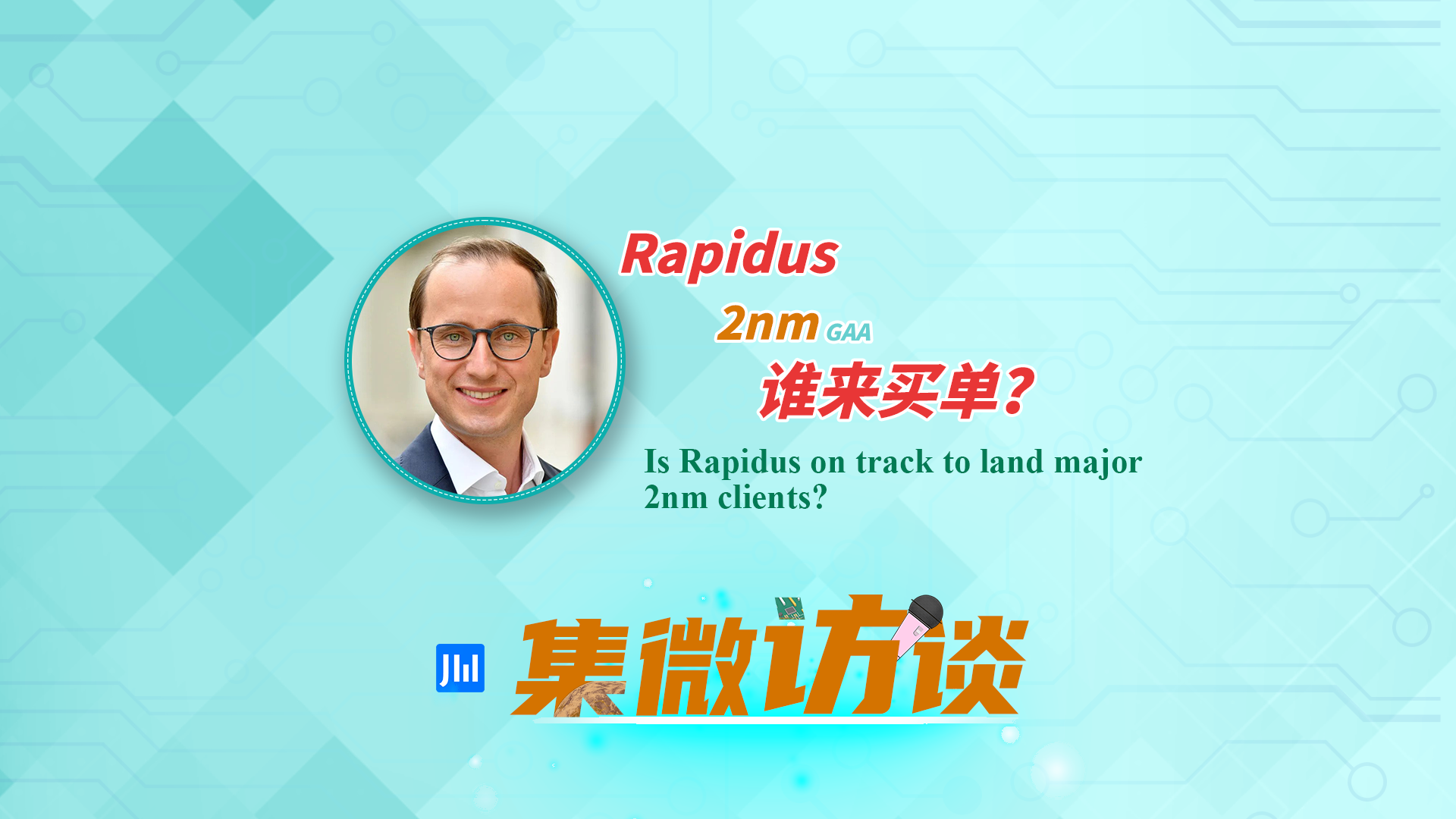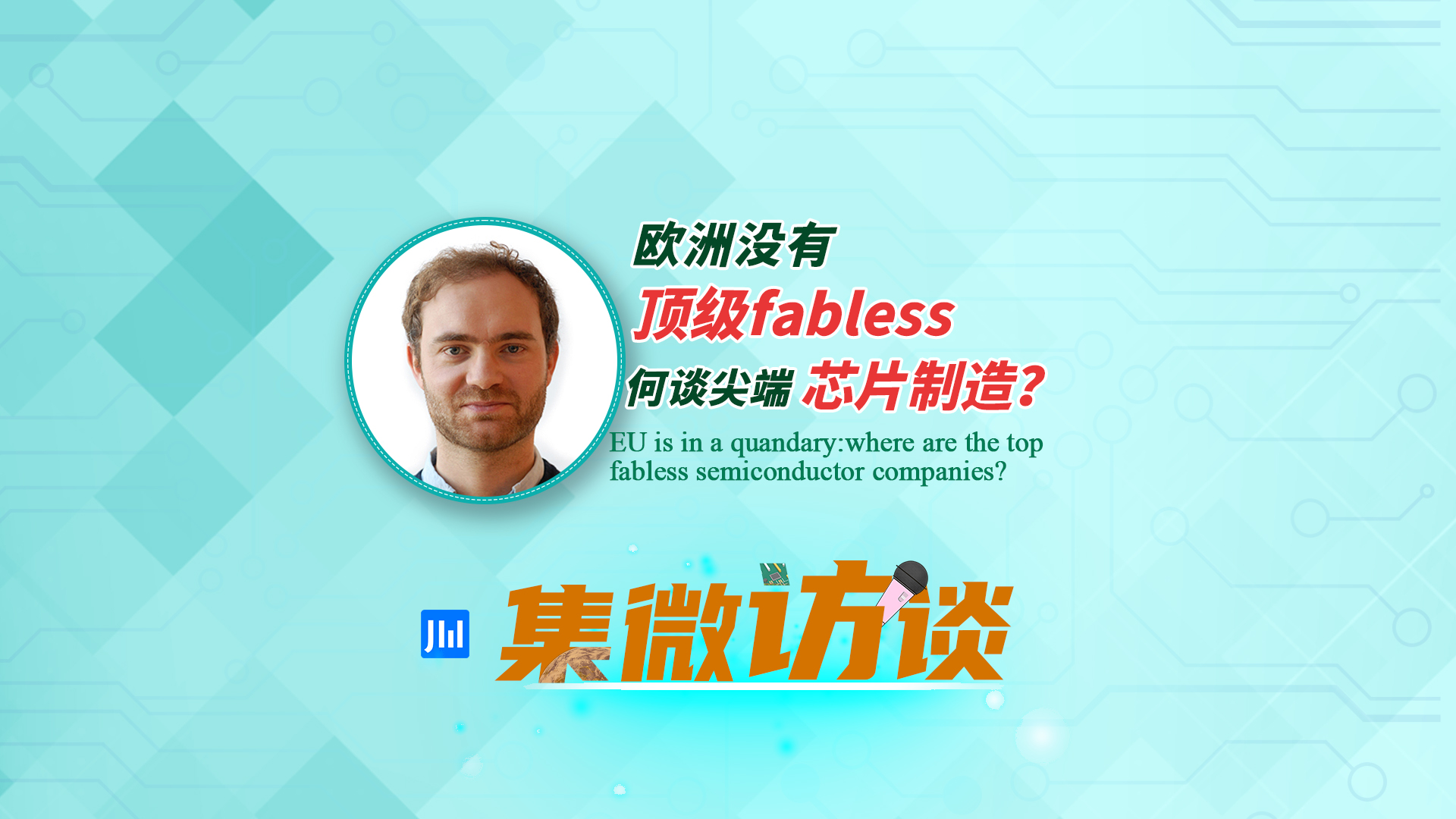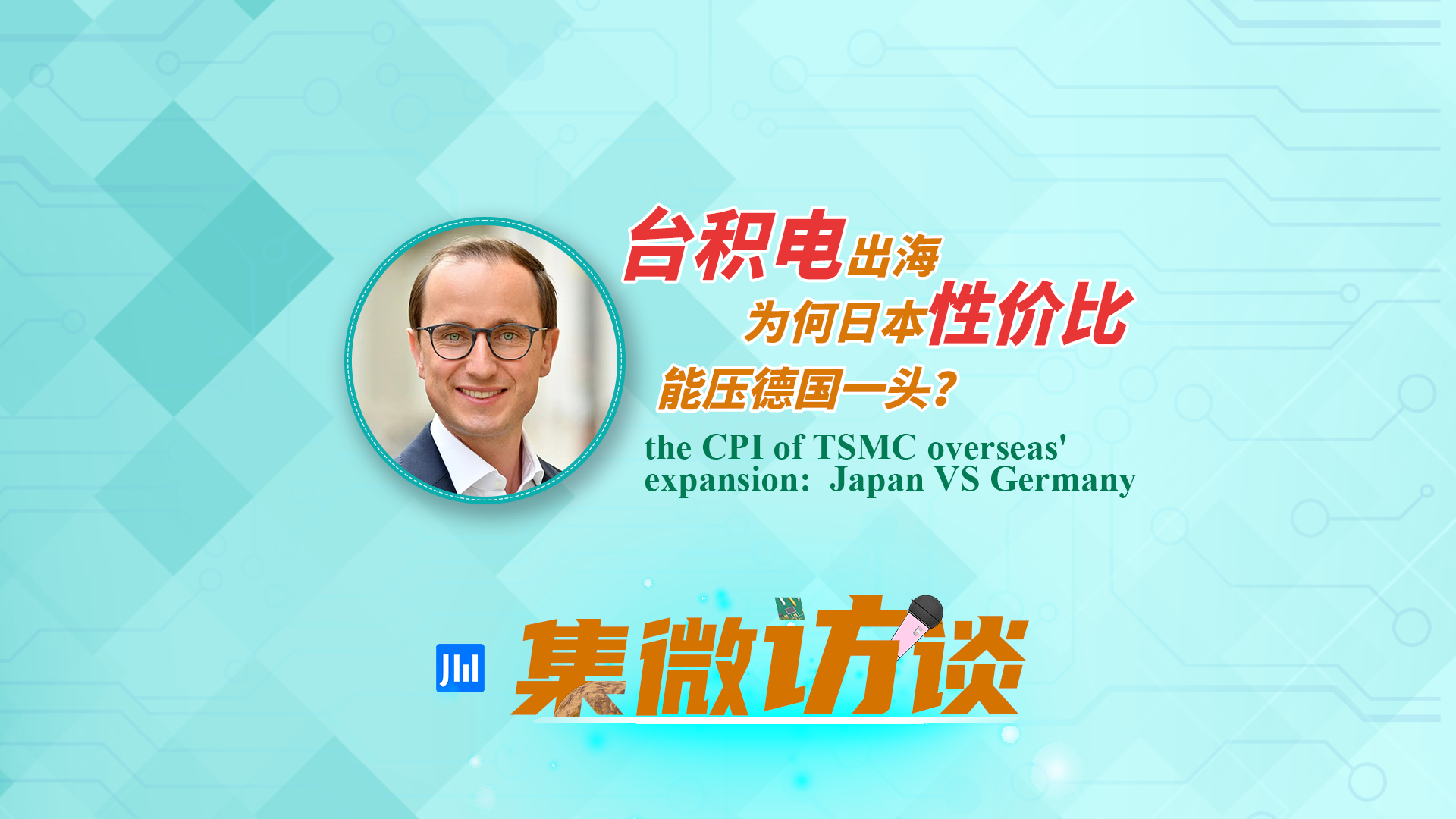By Greg Gao
Senior executives from the leading Chinese semiconductor investment companies attended JW Insights Investment and Financing Forum on July 16 and expressed their continued belief in China’s chip industry, despite signs of market slowdown and geopolitical uncertainties.

This forum, held as part of the 6th JWSS (JiWei Semiconductor Summit) in Xiamen of southeastern China’s Fujian Province, gathered together representatives from various types of investment institutions, including the fund of funds, government-guided funds, listed IC companies, asset management firms, securities companies, investment banking institutions, and semiconductor startups with financing needs.
With a theme on "How to maintain semiconductor investment yield," the speakers analyzed investment trends and explored the most cutting-edge investment opportunities.
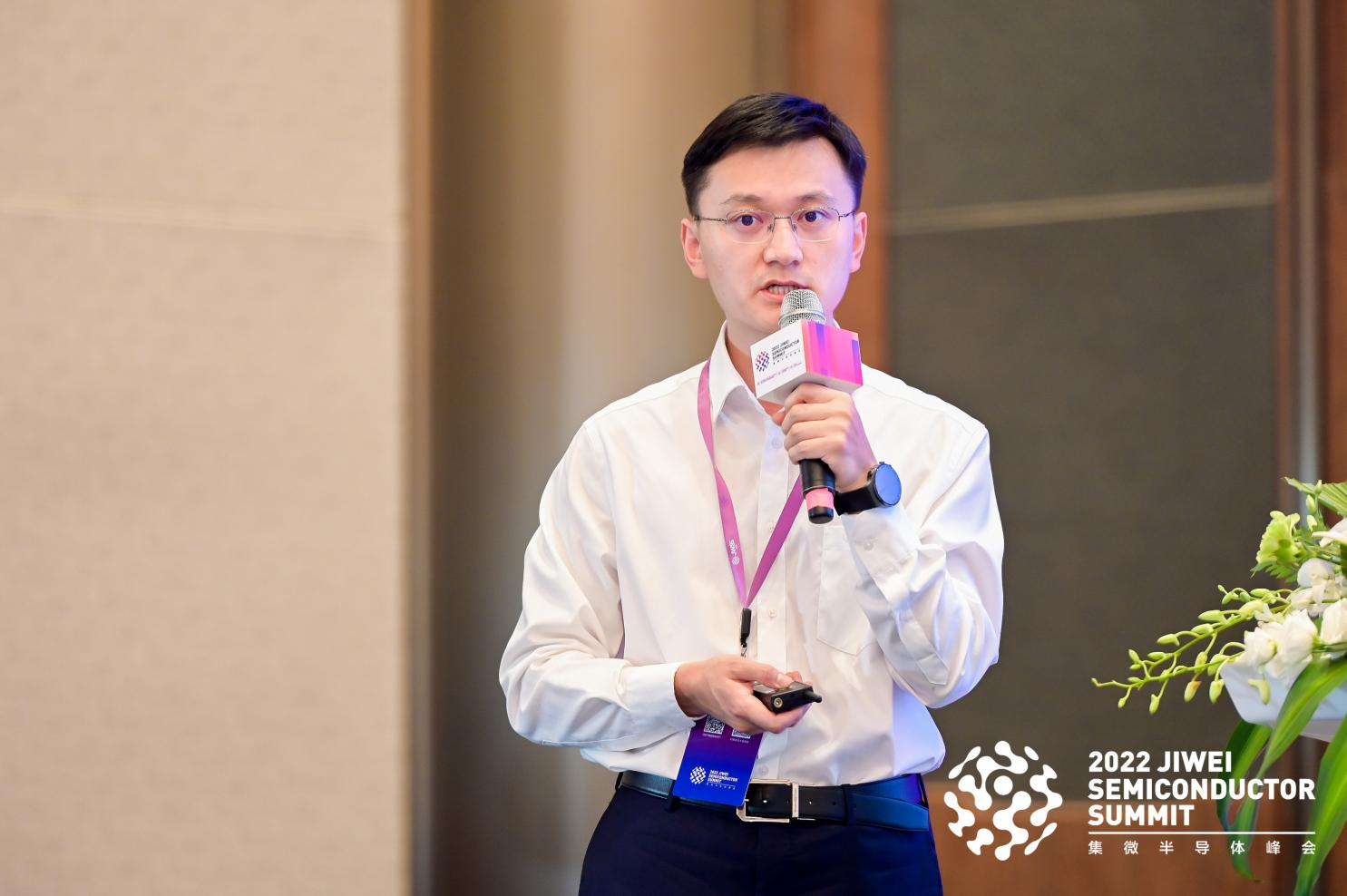
Zhao Zhanxiang, partner and chief technology officer of Winsoul Capital(云岫资本), told the forum that investment in the semiconductor industry is still hot, and the overall financing scale in the first half of this year is close to RMB80 billion ($11.8 billion). The new applications like smart EVs and revolutionary Chiplet technology, domestic substitutes of high-end semiconductor equipment and materials offer great potential for Chinese companies.

Yin Botao, managing director of Suzhou Oriza Holdings(元禾璞华) said he still believed that the next 5-10 years is still a golden decade for China’s semiconductor industry, despite signs of slowdown.
His company's investment strategy is to find certainty during uncertain times. Its portfolio mainly covers products related to China's domestic substitution trend. It also bets on semiconductor materials and components and pays attention to opportunities in electric vehicles, data centers, and other industrial upgrading areas.

Wang Lin, a partner of Walden International(华登国际), the well-known global venture capital firm, shares with the belief that China’s semiconductor industry will continue rapid development in the next ten years, and China will undoubtedly be the largest market. The flourishing of various smart devices is one reason for Walden’s persistence in semiconductor investment, and the more profound driving force behind it is the arrival of the big dataera.

Wu Weiping, deputy director of the investment banking of Huatai United Securities(华泰联合证券), said there will be still M&A opportunities in China's A-share market in the short and medium term. The semiconductor industry has the nature of being highly concentrated. The higher the added technical value and the more complex the sector, the higher it will more concentrated, he explained.

Gao Feng, a partner of Beijing Stony Creek Capital(北京石溪清流投资), said that his company’s investments are related to the semiconductor supply chain and the semiconductor materials. There are also opportunities around IDM and fabrication of advanced processes semiconductors, and automotive chips.

Ruan Xiaoli, head of hardware technology at China’s leading financial institution China Renaissance (华兴投行, noted that the semiconductor industry is still one of the top tracks investors will pay most attention to in the second half of 2022. At the same time, it is worth considering the return to the rationality and revaluatingchipcompanies. Investors must realize that the valuation should be matched with the enterprise's development stage and should reflect the sustainable operation and profitability of the enterprise, she said.

Yuan Yipei, the rotating president of SINO IC LEASING(芯鑫融资租赁), said that the company had been closely following China’s national technology development strategy since its establishment. It has established diversifiedinvestment and financing channels and will maintain this tactics.

Wang Zhi, a partner of Inno-Chip(上海韦豪创芯投资), pointed out that automotive semiconductors are the company's next focus, covering autonomous driving chips, millimeter-wave radar, and sensors. Inno-Chip's main direction is to create a comprehensive ecosystem for device applications.(校对/WM Zhang)



